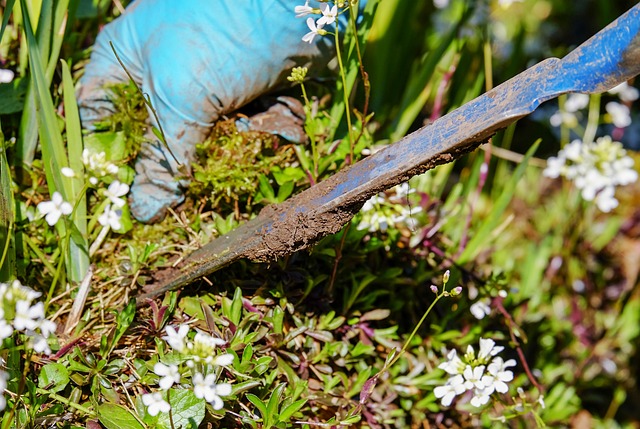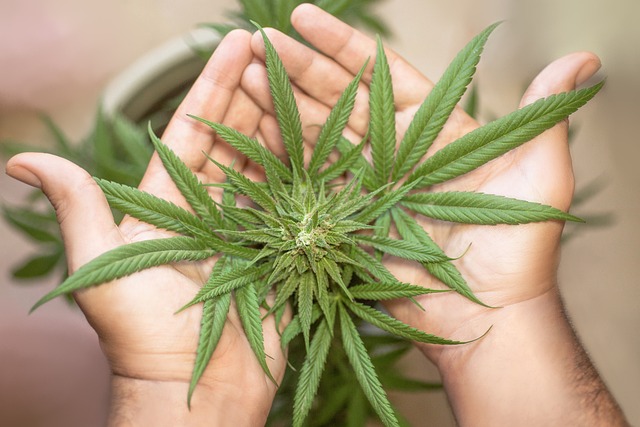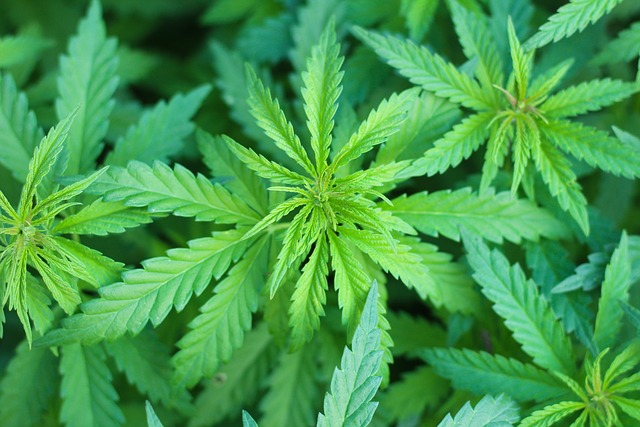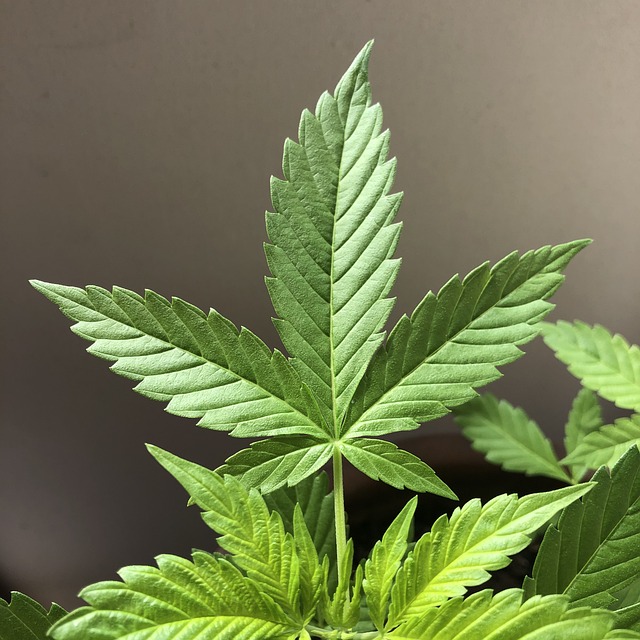
Lab reports for THCA flowers provide essential information on their cannabinoid profiles, including precise measurements of THCA, CBD, CBN, and other cannabinoids, which are crucial for assessing the potency and therapeutic effects. These reports also ensure consumer safety by verifying the absence of harmful contaminants like pesticides, heavy metals, and residual solvents. Detailed terpene profiles from sophisticated analytical methods such as HPLC and GC-MS inform the aroma and flavor of the flowers and enhance the overall wellness experience for users. THCA flower lab reports, or Certificates of Analysis (COAs), are vital in the cannabis industry for fostering transparency, trust, and informed decision-making, ensuring that consumers have access to high-quality, safe, and effective products. It is imperative for consumers to source THCA flowers from reputable producers who deliver consistent, ISO-accredited lab reports, reflecting a commitment to quality assurance and safety standards in the cannabis market.
Exploring the nuances of THCA flower lab reports unlocks a world where science meets wellness, offering insights into the potency and purity of this burgeoning cannabinoid-rich hemp product. This article delves into the critical aspects of understanding THCA flower through laboratory analysis, ensuring consumers make informed decisions. We will navigate the scientific profiles, discuss the importance of reliable sourcing, and demystify the contents of these pivotal reports. Join us as we uncover the intricacies behind the THCA flower lab reports that are shaping the industry’s standards for quality and safety.
- Unveiling the Potency of THCA Flower: A Glimpse into Lab Reports
- The Science Behind THCA Flower: Understanding Cannabinoid Profiles Through Lab Analysis
- Sourcing Reliable THCA Flower: Factors Influencing Lab Report Quality
- Decoding THCA Flower Lab Reports: What to Look For in Potency and Safety Testing
- The Role of Laboratory Testing in Ensuring the Purity of THCA Flower Products
- Maximizing Benefits: How THCA Flower Lab Reports Inform Consumption and Dosage
Unveiling the Potency of THCA Flower: A Glimpse into Lab Reports

Laboratory analyses have shed light on the potency and therapeutic properties of THCA (Tetrahydrocannabinolic Acid) flowers, a non-psychoactive precursor to THC (Tetrahydrocannabinol). The lab reports for THCA flowers are critical in understanding their cannabinoid profiles, as they detail the concentration of THCA, CBD (Cannabidiol), and other cannabinoids present. These detailed assessments reveal the true potential of these flowers in various applications, from medicinal to recreational use. The potency of a THCA flower is determined by its THCA content, with higher concentrations indicating more potent effects. These lab reports also test for the presence of contaminants and ensure that the product meets safety standards, which is crucial for consumer protection and confidence in the cannabis market. Insights from these lab reports guide consumers and healthcare providers in making informed decisions regarding the use and benefits of THCA flowers, emphasizing their importance in the world of cannabinoid-based therapies and wellness practices.
The Science Behind THCA Flower: Understanding Cannabinoid Profiles Through Lab Analysis

Laboratory analysis plays a pivotal role in characterizing the cannabinoid profile of THCA flower, a raw form of cannabis that contains Tetrahydrocannabinolic Acid (THCA), which decarboxylates into THC upon heating. These lab reports, known as Certificates of Analysis (COAs), offer detailed insights into the chemical composition of the flower, including the concentration of various cannabinoids, terpenes, and other phytochemicals. By leveraging cutting-edge chromatography techniques such as High-Performance Liquid Chromatography (HPLC) and Gas Chromatography-Mass Spectrometry (GC-MS), analysts can precisely quantify the THCA content alongside other cannabinoids like CBD, CBN, and trace amounts of THC. This data is crucial for consumers seeking to understand the potency and effects of the product they are considering for purchase. The THCA flower lab reports also detail the terpene profile, which contributes to the unique aromas and flavors associated with different cannabis strains, as well as potential therapeutic properties. Understanding the nuances of these profiles enables consumers and researchers alike to make informed decisions about product selection based on their desired effects and preferences, thereby enhancing the overall user experience and safety in the cannabis market.
Sourcing Reliable THCA Flower: Factors Influencing Lab Report Quality

When pursuing high-quality THCA flower, the integrity and reliability of lab report documentation are paramount. These reports, which detail the cannabinoid profiles, terpene content, and potential contaminants present in the product, serve as a critical compass for consumers seeking authentic and safe experiences. Sourcing reliable THCA flower begins with identifying reputable producers who consistently deliver comprehensive lab reports, often referred to as ‘certificates of analysis’ or COAs. These reports should be readily available and generated by ISO-accredited labs to ensure their credibility and accuracy. The lab reports for THCA flower must include a detailed breakdown of cannabinoid levels, with a focus on THCA content, as this is the precursor to THC and holds therapeutic potential in its own right. Additionally, the presence of other cannabinoids such as CBD, CBN, and trace amounts of others should be clearly listed.
Furthermore, the terpene profile is equally important as it influences the aroma, flavor, and effects of the THCA flower. A thorough lab report will detail the specific terpenes found within the product and their concentrations, providing insights into the strain’s characteristics and its potential synergistic effects with the cannabinoids. Beyond the cannabinoid and terpene profiles, it is essential that lab reports also screen for mycotoxins, pesticides, heavy metals, and residual solvents to ensure safety and purity. Consumers should look for lab reports that not only meet but exceed industry standards, reflecting a commitment to quality and transparency from the source to the sale. By adhering to these factors, one can navigate the market with confidence, ensuring that the THCA flower lab reports align with the highest standards of safety and efficacy.
Decoding THCA Flower Lab Reports: What to Look For in Potency and Safety Testing

When exploring THCA flower options, deciphering lab reports is a critical step for discerning potency and ensuring safety. These reports, commonly referred to as Certificates of Analysis (CoAs), provide detailed information on the cannabinoid profile, terpene composition, and potential contaminants present in the THCA flower. For potency, look for the cannabinoid concentration, with a particular focus on THCA. The higher the THCA content, the more potent the effects are likely to be upon decarboxylation. Additionally, the presence of other minor cannabinoids like CBC, CBG, and THCV can influence the overall effect profile. These compounds, in tandem with THCA, contribute to the entourage effect, enhancing the therapeutic benefits.
Safety testing is equally important. It ensures that the product is free from harmful substances such as residual solvents, pesticides, heavy metals, and microbial contaminants. The lab report should detail the absence of these contaminants, which is indicative of a clean and safe product. The purity levels indicated in the CoA give confidence to consumers that what they’re purchasing is both effective and safe for consumption. When reviewing THCA flower lab reports, focus on the cannabinoid spectrum, potency levels, and safety assurances to make an informed decision about the quality and efficacy of the product.
The Role of Laboratory Testing in Ensuring the Purity of THCA Flower Products

Laboratory testing plays a pivotal role in confirming the purity and potency of THCA flower products, ensuring that consumers receive safe and effective items. The analysis conducted by accredited laboratories provides detailed thca flower lab reports that disclose the exact cannabinoid profile, including the presence and concentration of THCA, as well as other compounds like CBD, CBN, and terpenes. These reports are crucial for validating the advertised cannabinoid levels and for guaranteeing compliance with regulatory standards. The testing process involves a series of sophisticated techniques such as gas chromatography (GC) and high-performance liquid chromatography (HPLC), which accurately quantify the cannabinoids and detect any potential contaminants or adulterants. By relying on these thca flower lab reports, consumers can trust the quality and safety of their THCA products, leading to a more transparent and reliable marketplace. Moreover, the availability of comprehensive lab results fosters accountability among producers, incentivizing them to maintain high-quality standards and uphold consumer confidence in the efficacy and purity of THCA flower offerings.
Maximizing Benefits: How THCA Flower Lab Reports Inform Consumption and Dosage

Lab reports on THCA flower are instrumental in guiding consumers through the nuances of product potency, purity, and safety. These detailed analyses provide precise concentrations of tetrahydrocannabinolic acid (THCA), a non-psychoactive cannabinoid that is the precursor to THC, the psychoactive component commonly associated with cannabis consumption. Understanding the THCA content through these reports is crucial for those looking to leverage the potential therapeutic benefits of cannabis without the intoxicating effects. The data from lab tests allows consumers to tailor their dosage, ensuring they receive the desired medicinal or recreational effects. Additionally, lab reports can inform users about the presence and levels of other cannabinoids, terpenes, and potential contaminants, which further influences how the flower should be consumed for optimal experiences. By carefully analyzing these reports, consumers can make informed decisions, optimizing their consumption experience and achieving the most out of their THCA flower. Informed dosing, facilitated by lab reports, not only enhances individual well-being but also promotes a safer consumption practice within the cannabis community.
In delving into the complexities of THCA flower, this exploration has illuminated the critical role that lab reports play in understanding and ensuring the potency and safety of these products. From dissecting the scientific underpinnings of cannabinoid profiles to emphasizing the importance of sourcing from reputable providers, it’s clear that consumers must prioritize THCA flower lab reports for an informed experience. These detailed analyses are indispensable tools in navigating the benefits and ensuring a pure and consistent product. As such, users are encouraged to always refer to thorough THCA flower lab reports before making any consumption decisions, thereby prioritizing their well-being and safety.







